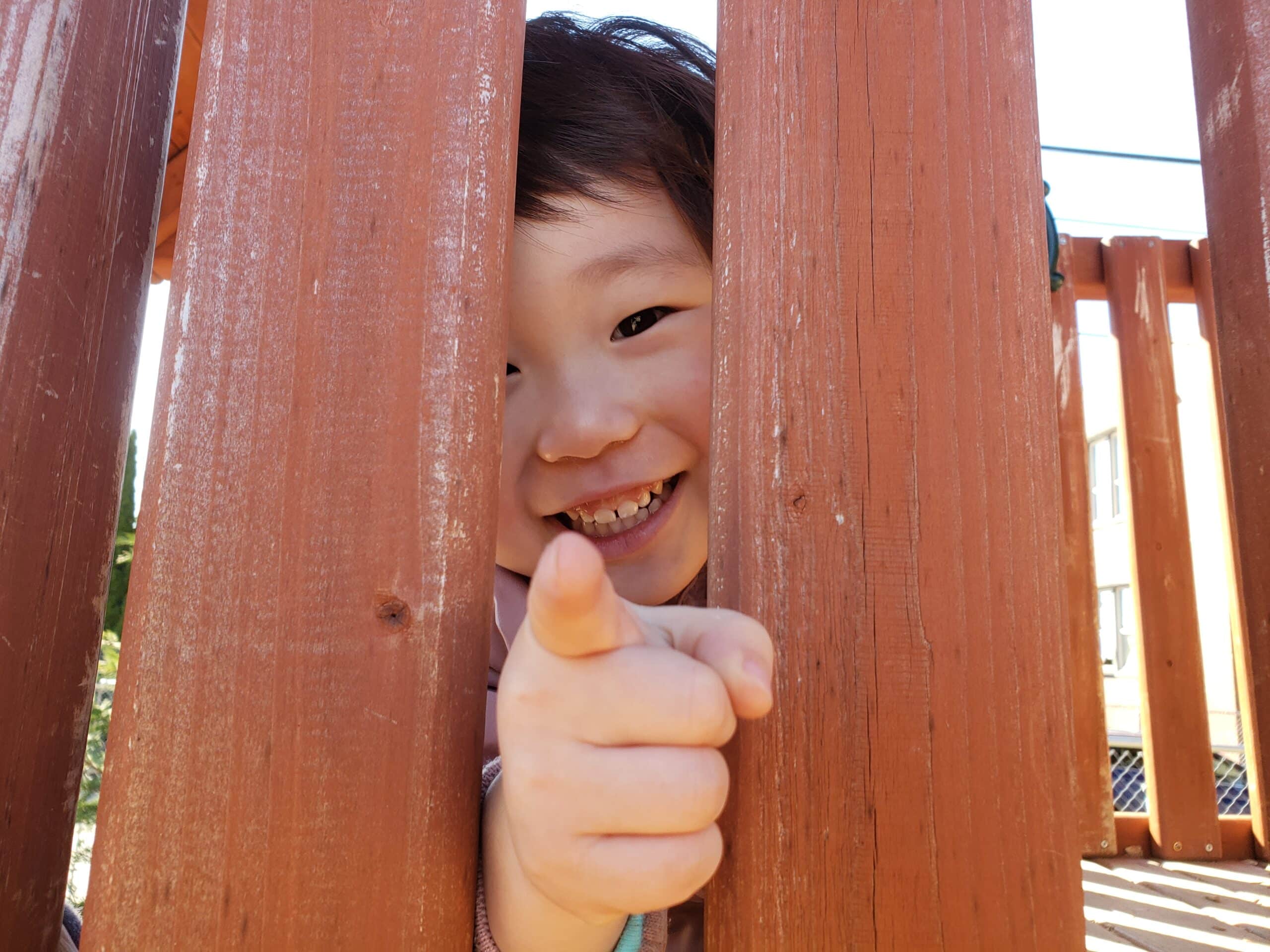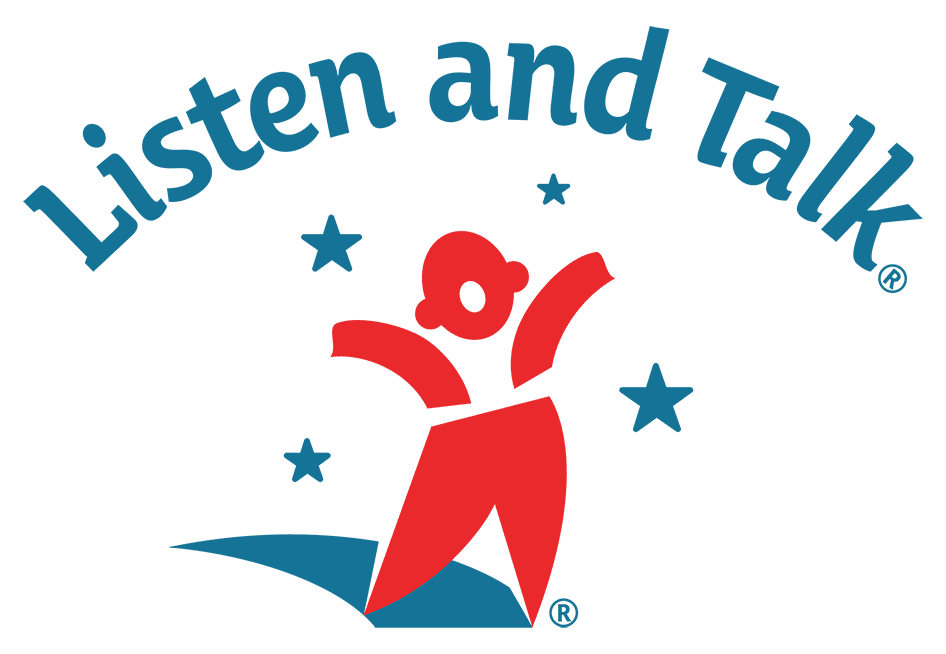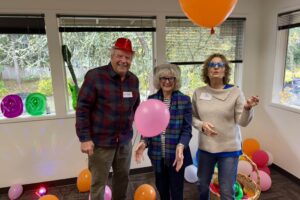
7 Life Lessons from Preschoolers with Hearing Loss
This blog was originally posted on Stacey Venzel. https://svenzel.wordpress.com/
Whether or not kids mean to be teachers, we can certainly learn a lot from them. Working with preschoolers with hearing loss has taught me a thing or two about being an adult. Here are 7 life lessons I’ve learned so far:
1. Have your own feelings, and let others have theirs.
Instead of describing someone as “overly sensitive,” use the words “more sensitive.” Instead of saying, “You made me sad…,” say, “I felt sad when…” Society has normalized only certain degrees of feelings, boxing us into a limited array of “appropriate” emotions, when, in fact, emotions have been and always will be individualized. In preschool, we teach children that it’s okay to be emotional. In adulthood, we tend to forget this, resulting in gender-based judgment. No matter your age or gender–it’s okay to have your feelings!
2. Communication is key.
Facilitating peer-to-peer repair is an important aspect of teaching special education. In life, you are going to have thoughts and feelings that you cannot control. It is important to communicate them to those around you instead of bottling them up. You can explain what happened to make you feel or think that way and in return, you’ll probably receive some empathy from a listening ear. Most everyone has empathy on some basic level, and so much of our negative thoughts and emotions are the result of accidents or misunderstanding. Children, for example, are still learning how their behavior affects others and sometimes simply are not aware of their own bodies. Honestly, most adults are still learning this, too.
3. Behavior tells a story.
Sometimes, our mouths get dammed up and we don’t know how to put into words what we’re feeling. Body language and reactions are communications in their own right. Sometimes, children with special needs lack the language to express what they want or what they’re feeling. Teachers strengthen their trust by reading, understanding, and appropriately–compassionately–responding to their non-verbal cues. In relationships with friends, family, or significant other, we tend to either expect others to be mind readers or not want to engage in discussion at all. Instead, when things get complicated, try examining the behavior in the situation to see what underlying layers need to be addressed.
4. Be an active listener.
Though many children, struggle to make eye contact, they still know whether or not they are being heard based on eye contact and general interest in their words. Because children with hearing loss are building their language skills, we routinely model sentence structures for them, but only after giving them a chance to tell us the story in their own words. We give them our full attention (and remind peers to do the same), concentrating and then responding directly to what they just said. This not only improves upon their communication skills, but also gives them a sense of value. As adults, sometimes we just need to be listeners instead of fixers!
5. Goals are best accomplished one step at a time.
Scaffolding is an important aspect of teaching special education which involves breaking down lessons into smaller, more manageable steps, catered to an individual’s specific needs. Goals should be set high but they should also be attainable. Learning–whether in school or in life–is best achieved when we slow down, take a step back, and look things over an extra time or two.
6. You have more patience than you realize.
Special education requires an incredible amount of patience, especially in a room full of energetic preschoolers. I honestly did not know I had this much of an inner calm inside me. My patience is tried literally every thirty seconds throughout the six-hour school day, but I very rarely ever find it stretching too thin. (Though I do want to fall asleep by 8 PM.) This is hugely based on the effort I have put into building relationships with these students, and the time I have taken to understand them, with or without their words. Moments that seem trying are usually just a misunderstood child trying to be understood.
7. Everyone deserves to be loved.
Every person is unique, but when an individual’s uniqueness strays from “the norm,” it too often gets a label. Kids with special needs, for example, are often labeled “different.” As adults, anyone with unusual characteristics is deemed “weird.” Shouldn’t we work on removing both of these labels and embracing each person’s individuality?
It’s such a privilege to be working at a school where cochlear implants and hearing aids are the norm, where listening and equipment checks are part of our morning routine. Even when assisting students with behavioral needs, I still have an overwhelming desire to help them learn how to process their feelings–and I remind them that it’s okay to have these feelings because that’s what makes them who they are. They’re not different; they’re all just tiny humans finding their way in the world and needing a little extra help along the path.
What have you learned from children with special needs? Share your thoughts on Listen & Talk’s Facebook page!



